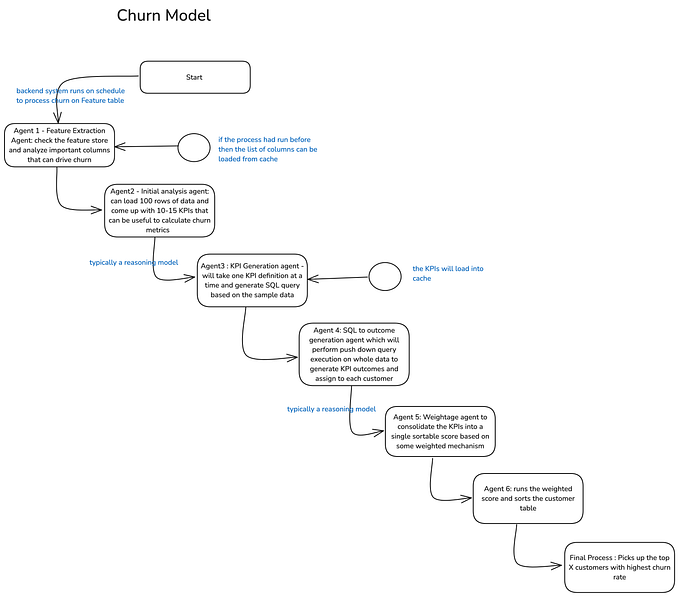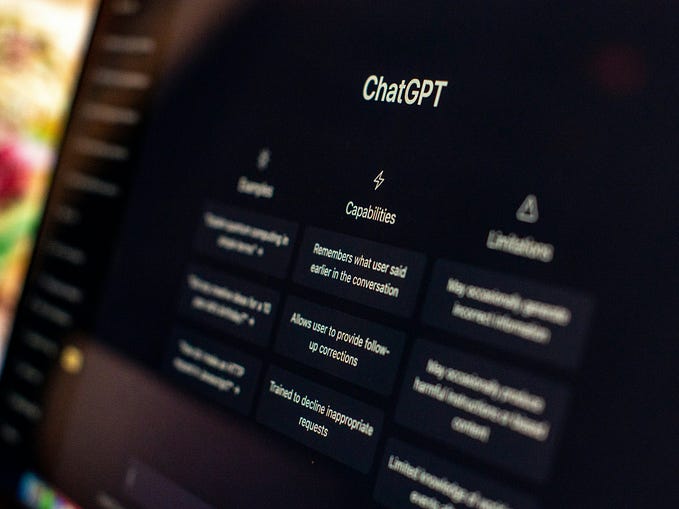Music Composition Using AI: Can Machines Replace Human Composers?
A New Era of Music Creation

Welcome to the age of AI-driven music composition! As artificial intelligence continues to break barriers in various industries, it’s no surprise that it’s also making waves in the world of music. With AI’s ability to generate music, a question arises: Can machines replace human composers? Let’s dive into this fascinating topic and explore how AI is revolutionizing the way we create music.
The Tech Behind AI-Composed Music
We’ve come a long way from the simple melodies churned out by early AI algorithms. Today, cutting-edge technologies like deep learning and neural networks have enabled AI to compose music that’s more complex, expressive, and engaging. A few key advancements in AI music composition include:
LSTM (Long Short-Term Memory) networks: These are a type of recurrent neural network (RNN) that can learn and generate sequences, making them perfect for composing music with intricate patterns and structure.
Transformer models: Known for their prowess in natural language processing, these models can also be adapted for music composition by training them on large datasets of musical notation.
Autoencoders: These neural networks can learn to compress and reconstruct musical data, allowing AI to create new compositions by “interpolating” between existing pieces.
AI-Driven Music Projects Worth Exploring
AI-composed music isn’t just a theoretical concept; it’s being put into practice with fascinating results. Some notable AI-driven music projects include:

AIVA (Artificial Intelligence Virtual Artist): This AI music composer has even been registered with a music royalty collection society, earning recognition as a legitimate creator of original music.

OpenAI’s MuseNet: This AI can generate music in various styles and genres by training on a dataset of MIDI files, producing impressive compositions that blend the characteristics of different musical styles.

Flow Machines: Developed by Sony, this project used AI to compose a pop song in the style of The Beatles, showcasing AI’s potential in popular music.
The Creative Collaboration Between Humans and AI
While AI’s abilities in music composition are impressive, it’s important to remember that AI isn’t a standalone composer — it’s a tool that works in collaboration with human musicians. AI can offer new perspectives and ideas, but it’s up to humans to refine and make creative decisions.
AI can be used to:
Generate musical ideas: AI can provide unique melodies, chord progressions, and rhythms for composers to work with, serving as a source of inspiration.
Optimize compositions: AI can help composers identify areas in their music that could be improved, such as identifying repetitive patterns or suggesting more interesting chord progressions.
Personalize music: AI can tailor compositions to individual listeners by analyzing their preferences and creating custom playlists or songs.
Can Machines Replace Human Composers?
The question of whether machines can replace human composers is a complex one. While AI can certainly generate impressive music, it lacks the human touch — the emotions, intuition, and life experiences that make music so deeply personal and evocative.
Moreover, AI-generated music still requires human input for refinement, editing, and creative direction. AI can provide a foundation, but it’s ultimately up to human composers to turn raw AI-generated material into compelling, finished pieces of music.
In essence, AI is a powerful tool that can augment and enhance human creativity, but it cannot replace the human element that gives music its soul.
Embracing the Future of Music Composition
AI is transforming the way we compose music, offering exciting possibilities for creative collaboration and innovation. While AI-generated music is undeniably impressive, it’s important to recognize that machines can’t replace the human touch that makes music so special.
Rather than viewing AI as a threat to human composers, we should embrace it as a powerful tool that can expand our creative horizons and push the boundaries of what’s possible in music. By working together, humans and AI can usher in a new era of musical exploration, unlocking fresh ideas and sounds that were once unimaginable.
So, can machines replace human composers? Not entirely — but they can certainly help us create some amazing music along the way.









